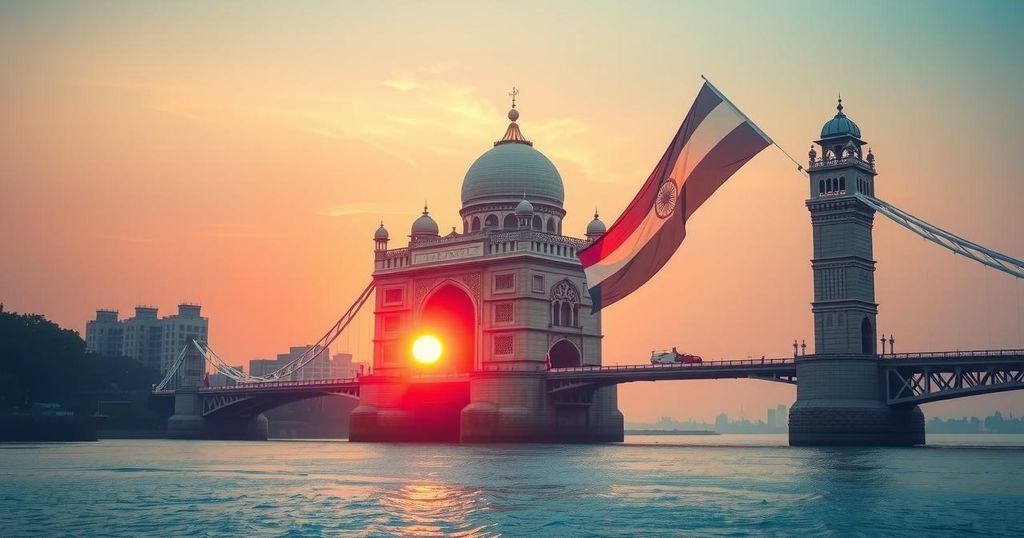US President Donald Trump has halted military aid to Ukraine, intensifying diplomatic tensions. Following this, India’s External Affairs Minister Jaishankar is en route to the UK, where discussions on a peace plan are underway. India’s position of neutrality may influence ongoing trade agreements with both the UK and the US. Additionally, various domestic issues, including electoral integrity and public health, require urgent attention.
New Delhi | March 4, 2025 09:24 IST
Good morning.
In recent developments, United States President Donald Trump has suspended significant military assistance to Ukraine, escalating tensions between the two nations. This decision follows a public disagreement with Ukrainian President Volodymyr Zelenskyy at the White House, where Trump asserted that the aid pause will remain until Ukraine demonstrates commitment to a resolution of the ongoing conflict. Trump’s recent closeness to Russia has put him at odds with traditional European allies, who have relied on US support to isolate Russia.
Against this backdrop, India’s External Affairs Minister S. Jaishankar will travel to the United Kingdom today. The UK, in collaboration with France, is leading a peace initiative for Ukraine, which places India’s diplomatic stance under scrutiny. So far, India has maintained a neutral position, emphasizing its commitment to peace. British Prime Minister Keir Starmer has articulated that there are multiple avenues to achieving peace, while French President Emmanuel Macron has proposed a temporary truce to facilitate negotiations with Russia.
India’s diplomatic balancing act is critical in light of ongoing trade negotiations. Recently, New Delhi resumed discussions for a free trade agreement with the UK while simultaneously pursuing a trade deal with the United States to mitigate potential repercussions from Trump’s tariff policies.
Additional topics of interest today include scrutiny of the ICC Champions Trophy structure, where criticisms arise concerning India’s advantageous position due to limited travel and pitch variations, potentially skewing the competition. Furthermore, the challenges in makhana farming in Bihar are highlighted, as farmers aim to benefit from government initiatives following the superfood’s rising popularity.
Prime Minister Narendra Modi’s national wildlife board meeting has led to diverse announcements, focusing on lion surveys and conservation efforts for various species. Economically, the stock market has experienced a downturn with implications for investor confidence, particularly affecting new investors facing their first market decline.
Moreover, discussions surrounding the validity of electoral rolls have intensified, particularly from West Bengal Chief Minister Mamata Banerjee, who has accused the ruling BJP of electoral manipulations. Lastly, concerning public health, projections indicate that by 2050, a significant portion of the population may face obesity issues due to increased consumption of processed foods. Experts emphasize the importance of immediate national-level interventions to combat this trend.
For further insights, today’s “3 Things” podcast features discussions on the latest GDP estimates and more.
In summary, the current geopolitical landscape necessitates India’s careful diplomatic approach, particularly concerning its relationships with Ukraine, the UK, and the United States. Meanwhile, domestic challenges in areas such as agriculture, wildlife conservation, and public health underscore the need for immediate action. As various sectors scrutinize their future strategies, maintaining a balanced and informed discourse is essential for progress.
Original Source: indianexpress.com




